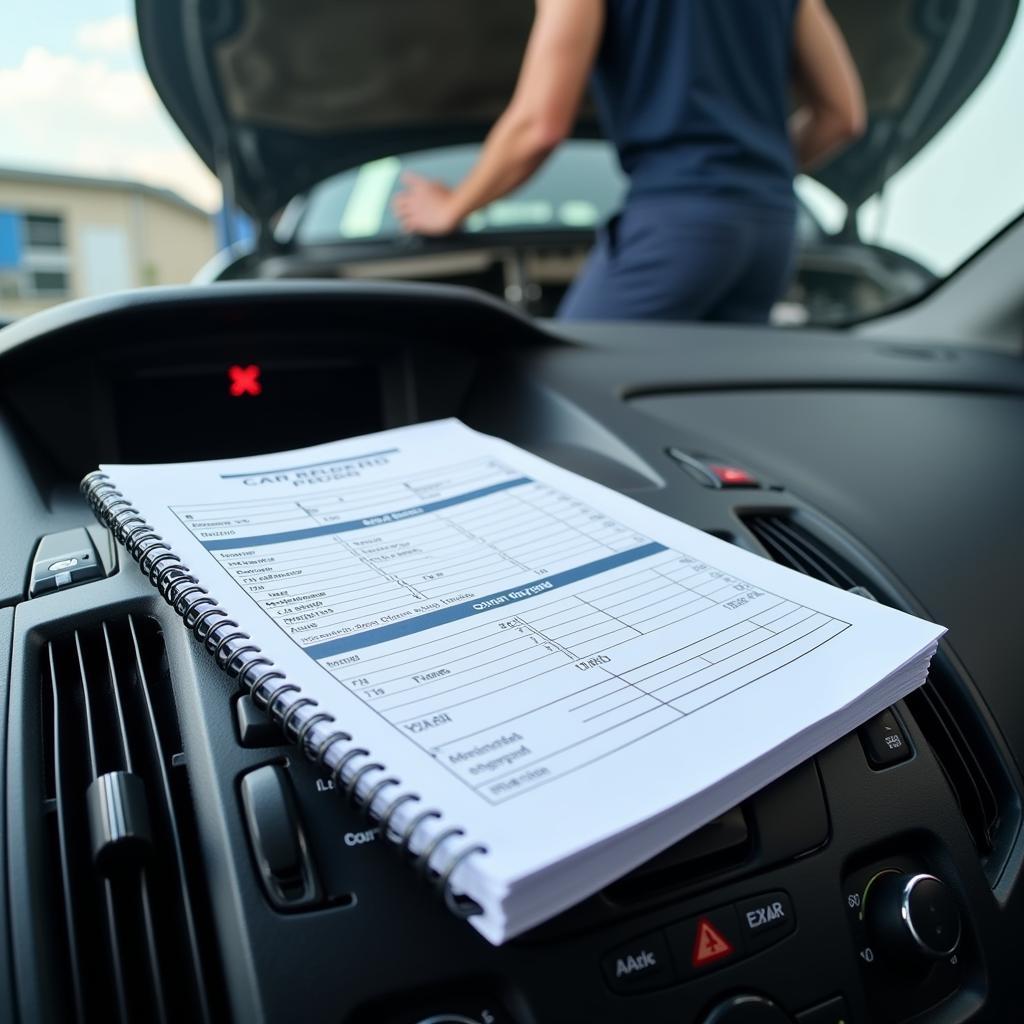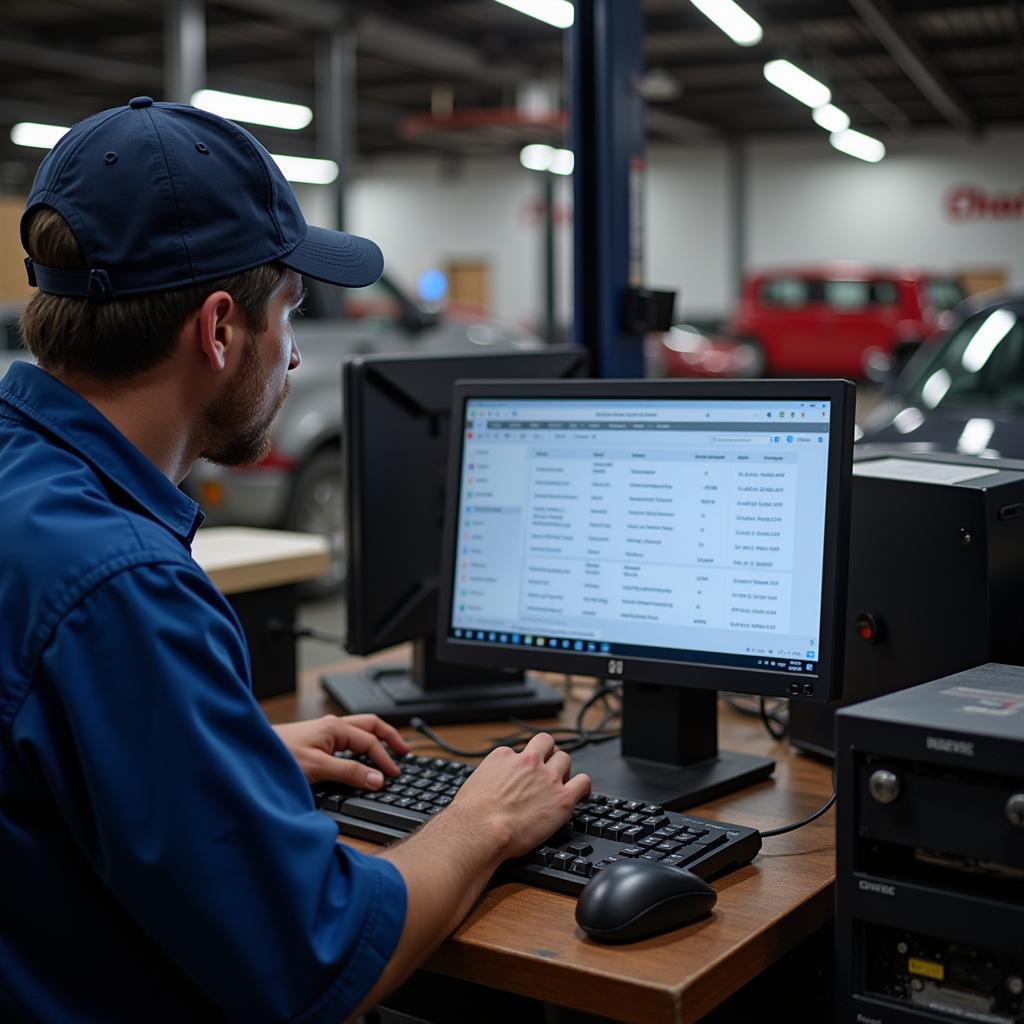Can You Lookup Your Car Service History?
Knowing your car’s service history can feel like holding the keys to its soul. It gives you a detailed chronicle of repairs, maintenance, and even those minor tweaks that keep your car running smoothly. But can you actually look up this valuable information yourself? Absolutely!
This article will guide you through the ins and outs of accessing your car service history, empowering you to make informed decisions about your vehicle’s future.
Why is Your Car Service History Important?
Think of your car service history as a health record for your vehicle. Just like a doctor relies on your medical history, mechanics use your car’s service records to:
- Diagnose issues: Past repairs and maintenance can provide crucial clues when troubleshooting current problems.
- Prevent future breakdowns: Regular oil changes, timely replacements, it’s all documented, revealing potential future issues.
- Determine your car’s value: A well-maintained car with a comprehensive service history is more attractive to potential buyers, directly impacting its resale value.
 Car service records and their impact on resale value
Car service records and their impact on resale value
How to Access Your Car Service History
Fortunately, there are several avenues you can explore to retrieve your car’s service history:
1. Check Your Glove Compartment
It might seem obvious, but the simplest solution is often the best. Many car owners store their service records in their glove compartment. Look for a folder, envelope, or even individual receipts tucked away.
2. Contact Previous Owners
If you purchased a used car, reach out to the previous owner(s). They might have retained service records from their ownership period. You can find their contact information through the dealership or online databases (with applicable fees).
3. Contact Service Centers
Dealerships and independent garages often keep digital or physical records of the vehicles they service. Provide them with your car’s VIN (Vehicle Identification Number) – usually found on the driver’s side dashboard, door jamb, or insurance documents – and they might be able to provide you with a detailed history.
 Mechanic reviewing car service history on a computer screen
Mechanic reviewing car service history on a computer screen
4. Utilize Online Vehicle History Reports
Several online platforms offer comprehensive vehicle history reports for a fee. These reports often include information sourced from state DMVs, insurance companies, and service centers, providing a consolidated view of your car’s past. Some popular options include:
- Carfax
- AutoCheck
- VINCheck
5. Explore Manufacturer Websites
Some car manufacturers provide online portals where owners can access service records associated with their VIN. This feature might be limited to vehicles serviced exclusively at authorized dealerships.
6. Use OBD-II Scanners and Apps
Modern vehicles come equipped with an OBD-II port, which can be accessed via a scanner or smartphone app. While primarily used for diagnosing engine problems, some advanced scanners and apps can also retrieve limited service information stored in the car’s computer.
What if I Can’t Find Any Service History?
Don’t panic if you hit a dead end. You can start building a new service history from today onward. Be sure to keep detailed records of all future repairs, maintenance, and inspections.
Expert Insights
“A comprehensive car service history is invaluable,” says John Smith, Senior Automotive Technician at XYZ Auto Repair. “It not only helps us mechanics understand your car’s past but also enables us to provide more accurate diagnoses and efficient repairs.”
 Car owner and mechanic reviewing service history together
Car owner and mechanic reviewing service history together
Conclusion
Being able to lookup your car service history provides you with a wealth of information about your vehicle’s past, empowering you to make better decisions about its care and maintenance. Whether you find those records tucked away in your glove box or need to dig a little deeper, the effort is well worth it for the long-term health and value of your car.

